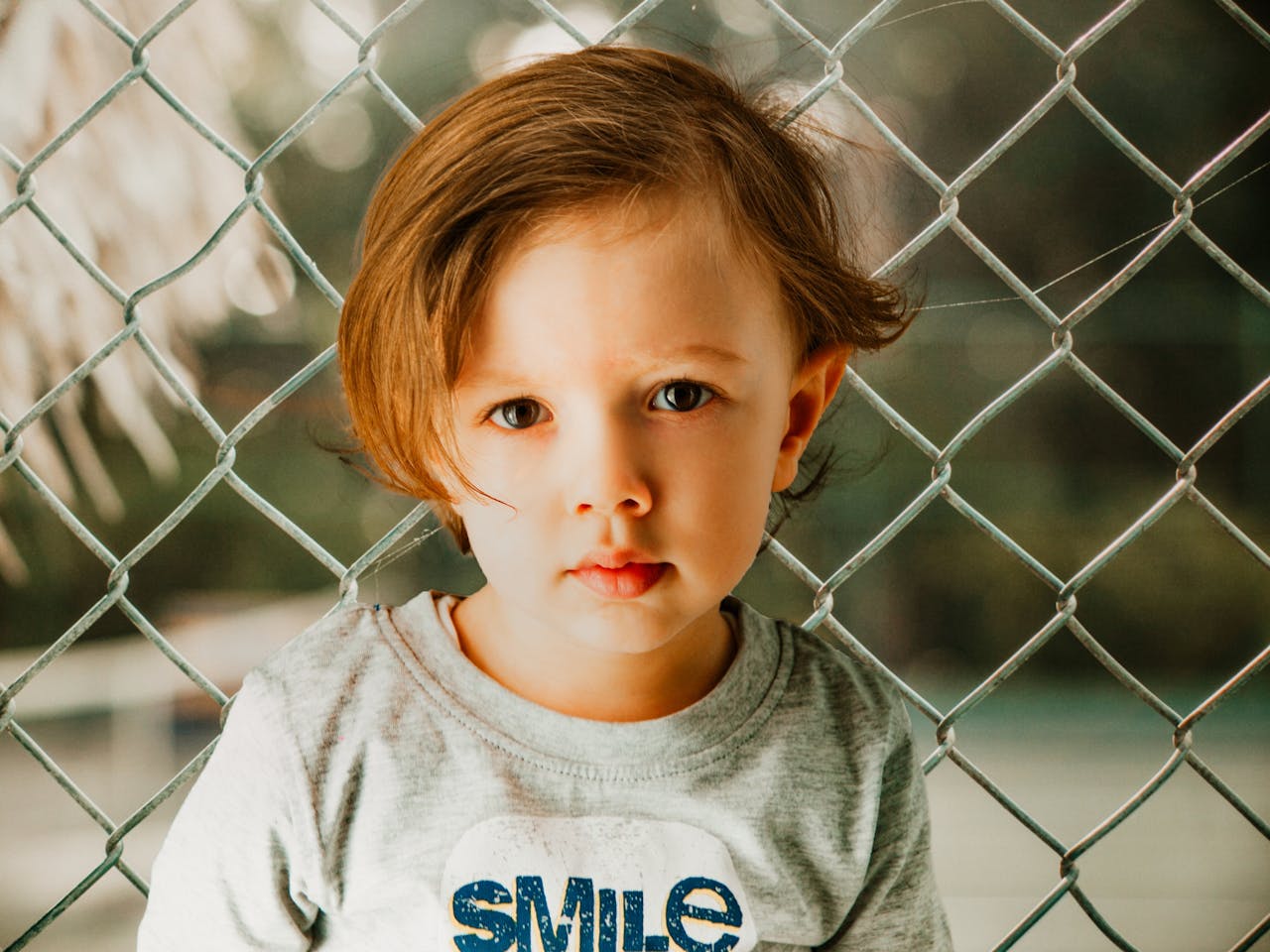
Disclosure – this is a collaborative post.
Divorce is never easy on a household, especially when there are little children involved. Heated arguments can have a long-lasting, if not traumatic, effect on their developing minds and fragile emotions so that they become frightened and confused. All too often, kids will get overly anxious and withdraw from the things that once made them happy. They will also act out in bad ways.
But if you and your spouse feel there is no possible way to reconcile your marriage, you’re going to require the services of a reputable divorce attorney. Says the professionals at Laura Gillis, a divorce lawyer, Phoenix, Arizona, if you are indeed planning on filing for divorce from your partner, it’s important to understand all your available options so you can get the right advice prior to entering legal proceedings. More importantly, you also need to be aware of how the breakup will affect your young kids.
That said, how can you best support your little kids while going through a difficult divorce? According to a recent report by Child Mind Institute, as soon as you sit down with your kids to reveal your plans to divorce, it’s normal for them to enter into an adjustment period. You, as a parent, will also be going through your own adjustment as family bonds become reimagined and a new normal is created.
As an adult, you are better equipped to deal with the emotional baggage that comes with a split. Children are not able to deal with it so easily, relatively speaking. But here’s how you can support your little kids while going through a divorce.
Make an Effort to Respect their Emotions
It’s okay to let kids know that it’s perfectly normal to feel angry and upset. You should encourage them to share their feelings even if they lash out at you. One good way to go about respecting their emotions is to tell them you want to know how they feel about the divorce and that nothing they say is going to hurt your or your ex-spouse’s feelings.
Psychiatrists agree that such an approach might be easier said than done since it might not be easy to hear or discern what your child has to say. At the very least, you need to give them the chance to be truthful and open. Little kids will sometimes do their best to protect their parents from the absolute truth since they don’t want to see them upset. After all, it’s likely the parents are already upset since they’re unhappy about the breakup.
However, it’s not a child’s responsibility to make a parent feel good. You don’t want to send a message that you will be sad if they feel sad. All you need to be interested in is what they have to say on the matter of divorce, and then don’t let it hurt your feelings. You can always get the professional support you need to deal with your own feelings, how your child feels, and the impact it’s having on you.
Feelings of Guilt
It’s said to be common for kids to worry that they are a part of the reason for their parent’s divorce. This is especially true when it comes to little kids, or so claims a clinical psychiatrist at the Child Mind Institute. Young children are more likely to blame themselves since they are so egocentric. That’s why it’s of paramount importance that you tell them to their face in the plainest language you can use: the divorce is not their fault. Full stop.
Feelings of Anxiety
When it comes to the kids, they will be forced to endure some fundamental changes that will likely make them anxious. If you happen to notice any outward signs of anxiety in your little kids, one sure-fire way to help them out is to make it perfectly clear what they can expect going forward.
For instance, you need to tell them what their living arrangements will look like. For the younger children, it always helps to create a calendar that you should hang on the wall or on the refrigerator door to show them where they will be each day and night. Their new schedule should be made into a new normal routine as soon as possible.
Bad Behavioral Issues
Some young children will fight their anxiety by acting out more than normal. Not only is this behavior the fault of their persistent anxiety, but it’s natural for them to test their new boundaries. In both cases, creating a “structured environment” that comes with crystal clear expectations of good behavior will help.
Without a structured environment for kids to latch onto, their behavior will inevitably get worse. It’s a good practice to keep their daily lives structured in the same ways in both households. This takes communication and cooperation on behalf of the divorcing parents.
In the end, divorce is hard on everyone in the family. But if you listen to your children and offer them support and proper structure, they will soon be back to living a normal life free from anxiety. Remember, even if you find yourself in a rush to get out of your marriage, the children’s feelings, along with their emotional and mental health, come first.
Disclosure – this is a collaborative post.
